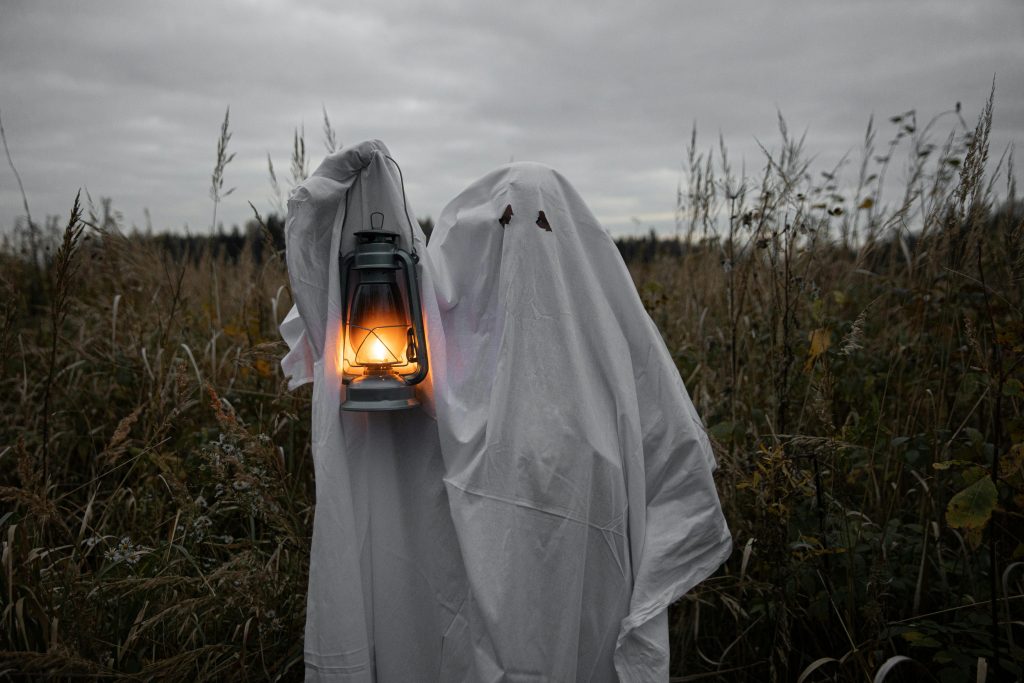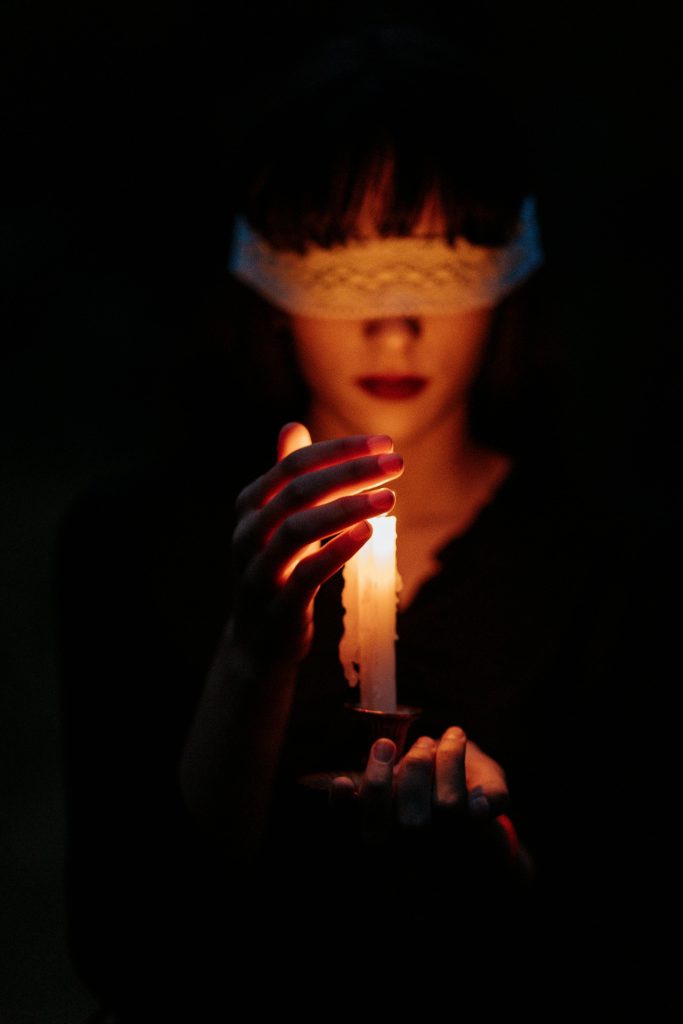Trigger Warnings: horror, mental health discussion, ghosts, trauma
Some people wonder if people gripped by the macabre, gory, violent, and stressful genre of horror are ok; safe to be around; right in the noggin? Are we ok?! Most likely. And we are empathetic, friendly, personable, and have a great sense of humor. Ok, I don’t have evidence for all of that but let’s talk about what we do have some evidence for:
Potential benefits to horror aficionado’s are highlighted by Danielle Rousseau from Boston University on her blog where she discusses the potential benefits of utilizing horror in a therapeutic sense, for trauma specifically, in that it may be beneficial in such areas as emotional processing/catharsis, reclaiming the narrative, and social connection/shared experiences (Rousseau, 2024).5
Moving on to more individual traits of the horror fan; according to research done by Colton Scrivner, horror fans are “bleeding hearts” (see what he did there?). That is, they don’t lack in empathy or compassion nor have increased coldheartedness anymore than other fans of other genres. Dr Scrivner goes on to say that past studies are majorly flawed that did link lower empathy to horror enjoyers and that is varies across sub-genres and amongst other factors (Scrivner, 2024).”2
To say more about subgenres, those who liked paranormal horror had the highest rate of cognitive & affective empathy2. Way to go, ghost nerds!

More research by Dr Scrivener et al broke it down further to label three separate categories of horror fans which include “Adrenaline Junkies,” “White Knucklers,” and “Dark Copers” (Scrivner, Andersen, Schjødt, & Clasen, 2022).7 The authors describe an ‘adrenaline junkie’ (which is also the most studied type) as a suspense enjoyer and liking the feeling of fear due to this, including a boost of mood and flight into the face of fear. The typical profile of this type are young white males. The ‘white knucklers’ are described as someone who has typically-thought of negative experiences (nightmares, stress, fear) of diving into horror but also have learning experiences from facing these situations. The typical profile of ‘white knucklers’ appear to be females. The last type described by this study are ‘dark copers’ which are people who experience a combo of the above-stated traits and that they cope with horror by witnessing that others appear to have it worse. This type reports higher anxiety mixed with morbid curiosity. (Getzlaff, 2024).6,7

Dr Colton Scrivner’s book, ‘Morbidly Curious: A Scientist Explains Why We Can’t Look Away’ comes out October 7th, 2025 if you would like to pre-order a copy. This isn’t an affiliate link and I don’t get commission. I just think it seems like an amazing book which I will be pre-ordering. JUST LOOK AT THE COVER!3

And speaking of horror fans being compassionate, empathetic, and inclusive; shout out to my #MutantFam, who always makes one feel included and remember: “The Drive-In Never Dies!” 4
References:
3SCRIVNER, C. (2025). Morbidly curious: A scientist explains why we can ’t look away. PENGUIN BOOKS.
4The last drive-in with Joe Bob Briggs – JOE BOB BRIGGS. (2021, October 11). Retrieved April 22, 2025, from JOE BOB BRIGGS website: https://joebobbriggs.com/the-last-drive-in-with-joe-bob-briggs/?v=2ecd53e541df
5Rousseau, D. (2024, August). Using horror as a therapeutic tool for trauma and trauma disorders | danielle rousseau. Retrieved from Bu.edu website: https://sites.bu.edu/daniellerousseau/2024/08/09/using-horror-as-a-therapeutic-tool-for-trauma-and-trauma-disorders/
6Getzlaff, C. (2024). Psychology behind horror movie enjoyment psychology behind horror movie enjoyment. Retrieved from https://commons.und.edu/cgi/viewcontent.cgi?article=1047&context=psych-stu
7Scrivner, C., Andersen, M. M., Schjødt, U., & Clasen, M. (2022). The Psychological Benefits of Scary Play in Three Types of Horror Fans. Journal of Media Psychology, 35(2). https://doi.org/10.1027/1864-1105/a000354


Leave a Reply